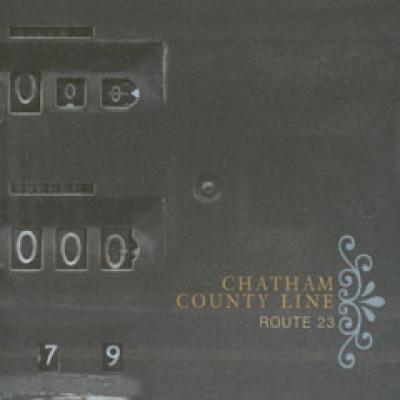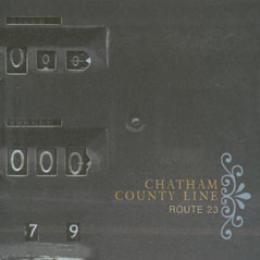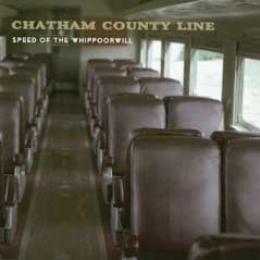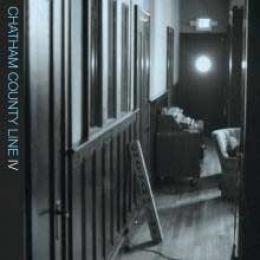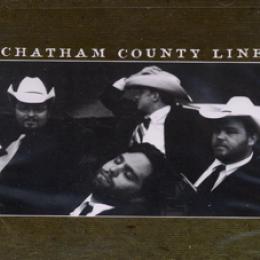Posted by: Anonymous | April 20th, 2005
Even the lightest melodies and quickest pickin' shine just a small beam of light on the sad, early morning cold of the album's grief. The soaring harmonies of "Dark Clouds" drag tired legs down a muddy road in the rain as daguerreotypes of wreck and ruin flash continuously through the narrator's thoughts. A traveling musician's doubts of his lover's fidelity grow with every mile on "Parlour Light," while the gorgeous harmonies (helped by guest Caitlin Cary) of "Louisiana Freight Train" watch a young couple's past disappear behind a lengthening steel track approaching "the land Cortez had found."
John Teer's mandolin and Chandler Holt's banjo chug along in the morning chill and warm up the opener, "Nowhere to Sleep," bemoaning the foolishness of a restless heart. "Engine No. 709" is equally upbeat, but like the goofing, toe-tapping bounce of "Make Some Pay," the subject matter is considerably lighter than much of the album. The scorching instrumentals "Gunfight in Durango" and Holt's "Sun Up" add more fuel to the fire as the sun begins to rise on the band's long lonely night.
What's gone is gone, however, and even the noon-day sun can't completely thaw the ice that chills songwriter Dave Wilson's grieving bones. While the title track mourns the loss of the innocence and hope that accompanies good times and good luck, the introspective strumming on "Ruination" asks the album's central questions: "How long does forever last? When is the past really the past?" On Route 23, the past is now, and the album's pervading sorrow still carries a comfort that, even in the 21st century, the voices of America's rural history sing high and proud over blacktopped fields and wounded hills.
by Brian Gearing
John Teer's mandolin and Chandler Holt's banjo chug along in the morning chill and warm up the opener, "Nowhere to Sleep," bemoaning the foolishness of a restless heart. "Engine No. 709" is equally upbeat, but like the goofing, toe-tapping bounce of "Make Some Pay," the subject matter is considerably lighter than much of the album. The scorching instrumentals "Gunfight in Durango" and Holt's "Sun Up" add more fuel to the fire as the sun begins to rise on the band's long lonely night.
What's gone is gone, however, and even the noon-day sun can't completely thaw the ice that chills songwriter Dave Wilson's grieving bones. While the title track mourns the loss of the innocence and hope that accompanies good times and good luck, the introspective strumming on "Ruination" asks the album's central questions: "How long does forever last? When is the past really the past?" On Route 23, the past is now, and the album's pervading sorrow still carries a comfort that, even in the 21st century, the voices of America's rural history sing high and proud over blacktopped fields and wounded hills.
by Brian Gearing


